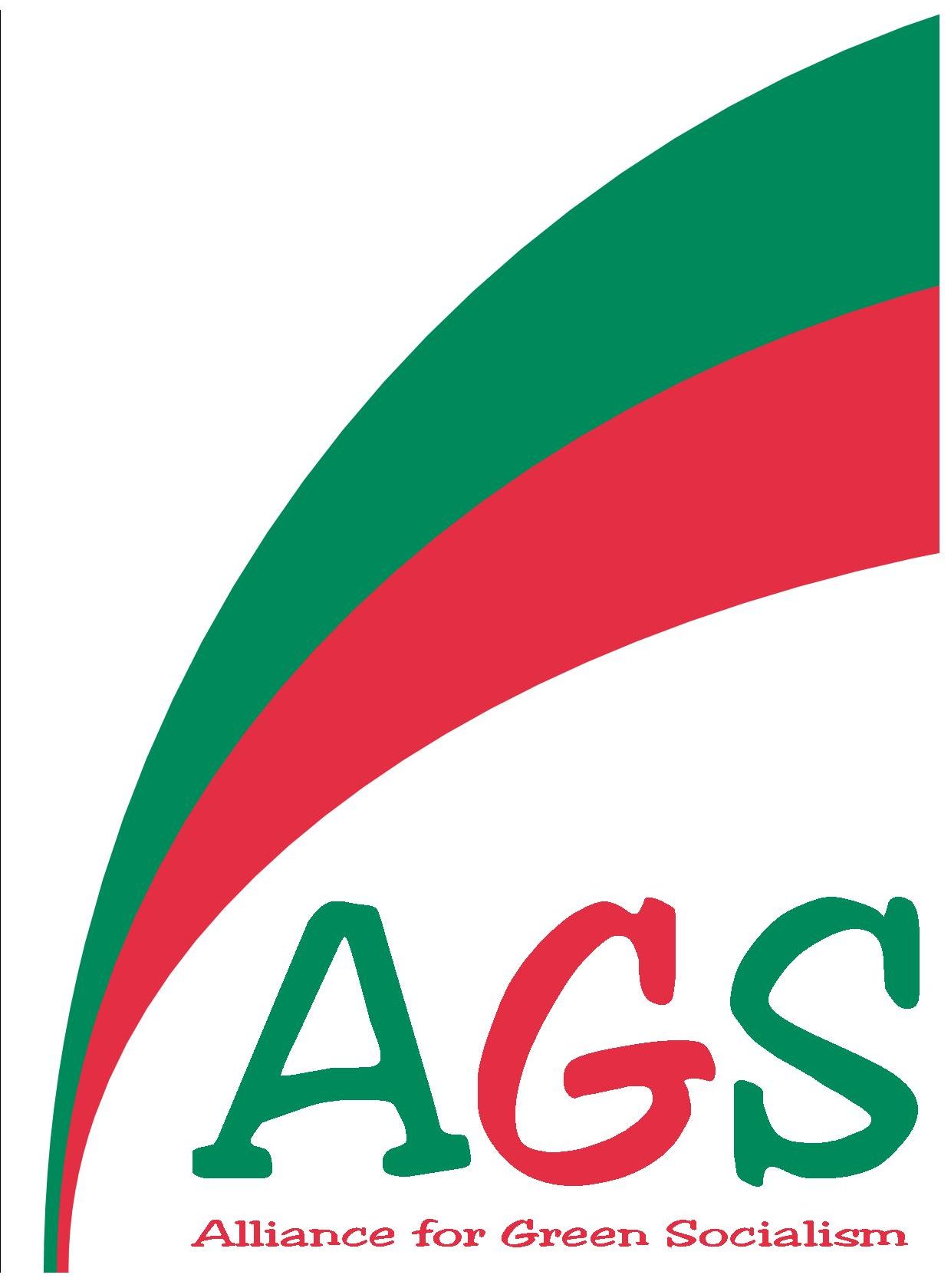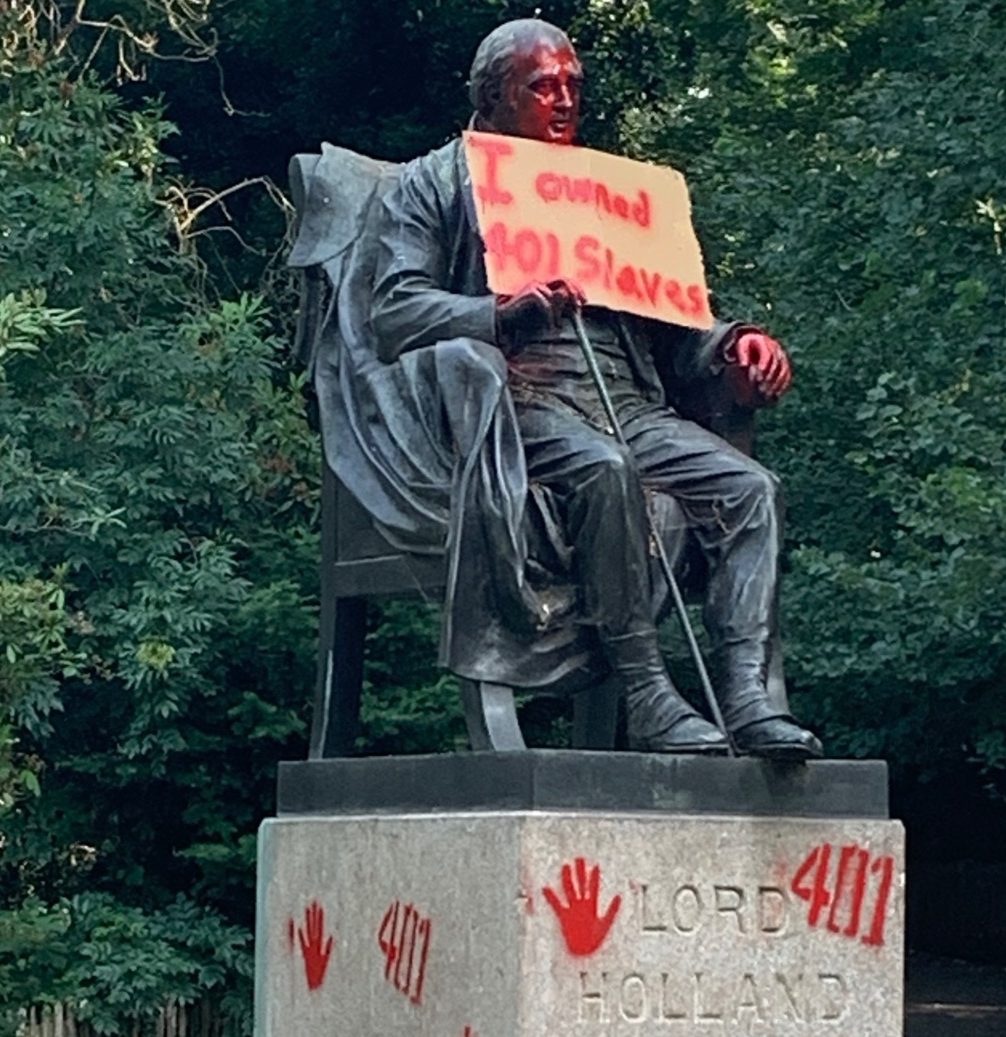Fighting racism and police brutality in lockdown from Minneapolis to Hong Kong
By Hugh Barnes
The history of protest is as old as the history of anything. People have always protested against oppression because it has always existed. Unless you have a vote, and sometimes even if you do, demonstrating in public is the best way to make change happen. From Tolpuddle to Selma, from anticolonial struggles to the women’s movement, LGBT+ rights and Extinction Rebellion, protest has always signalled change.
In recent weeks, in the middle of a pandemic that has made demonstrating more dangerous than usual – and possibly even lethal – an outbreak of protest has spread across the world from Minneapolis to Hong Kong. One source of this revolutionary epidemic was the racist killing, on 25th May, of George Floyd, an African-American, by a Minnesota policeman. Another was the imposition, on 30th June, of a draconian anti protest law in Hong Kong, giving China sweeping powers to crush dissent in the former British colony. Hundreds of thousands took to the streets in the biggest demonstration since the territory was handed back to China in 1997.
The murder of George Floyd set off the biggest anti-racism protests in the United States since the 1960s civil rights era as the outrage at police violence against African- Americans led to an examination of racism in all its forms. The Black Lives Matter movement drew in Americans of all races and backgrounds, with support as high as 70%, according to some polls, confounding Donald Trump who hoped to boost his chances of reelection by inflaming a culture war around race.
In Europe, hundreds of thousands of young people took to the streets, wearing masks and socially distancing, to express solidarity with the rebellion against police brutality. In Britain, where a YouGov poll found that 52% of respondents think UK society is fairly or very racist, a bronze statue of the slave trader Edward Colston was dumped in Bristol harbour while Oriel College, Oxford, was pressured to remove a stone monument of colonialist Cecil Rhodes.
In July, at least 166 people died during violent demonstrations in Ethiopia, following the murder of singer Haacaaluu Hundeessaa, a leading voice in anti-government protests. Public uprisings have also been seen in the Philippines over food shortages and in Bangladesh among garment workers facing unpaid wages after the cancellation of orders due to the worldwide lockdown.
Nor is it any coincidence that the global uprising has overlapped with a public health emergency. What the pandemic and the killing of George Floyd have revealed in different ways is that millions of people are no longer prepared to accept a structurally racist and unequal system.
Diseases do not afflict societies randomly. They move along fault lines created by poverty and inequality. The UK has the highest covid-19 death toll by population in the world – and the black and Asian community has been disproportionately affected.
Just as BLM protests descended into violence in Chicago – where about 70% of fatalities from the virus were African-Americans, by some counts – so too, in the UK, the BAME community has received more than 25% of all covid-19 fines, and the police have used their new powers to target black youths while ignoring serious breaches of the lockdown rules by Dominic Cummings and Stanley Johnson, the prime minister’s father.
Inequality, as Aristotle noted in The Politics, is the main cause of protest. ‘The lesser protest in order to be equal,’ he explained. In 1776, Thomas Jefferson incorporated the self-evident truth ‘that all men (sic) are created equal’ into America’s Declaration of Independence. However, 11 years later, when the Founding Fathers unveiled the US Constitution, they counted each slave as only three-fifths of a person – which is to say, some people (i.e. white ones) were obviously ‘more equal’ than others.
Take the residents of Holland Park, in west London, for example. They might be regarded as uber-equals, in Orwell’s sense, because they live in the most expensive neighbourhood in Britain, a leafy enclave of the super-rich where houses sell for 70 times the national average. Anybody walking in the park on the morning of 24th June would have noticed that a bronze statue of Lord Holland, the 19th-century liberal politician after whom the district is named, had been splattered with red paint, especially his face and hands, which now held a cardboard sign that read, ‘I owned 401 slaves.’
In fact, Lord Holland opposed slavery and was a senior cabinet minister in governments that outlawed the slave trade and then slavery itself, in 1807 and 1833 respectively. But he was also, like Aristotle and Jefferson, a slaveowner – or at least his wife’s family owned plantations in Jamaica.
Revisiting Britain’s colonial and racist past is never going to be a walk in the park. Yet not doing so makes us complicit. The slave trade and slavery were crucial to the development of the British economy in the late 18th and 19th century, and today’s upper (and middle) classes continue to reap the benefits of that exploitation and genocide. Not even self-declared liberals or left-wingers are blameless. Living in a structurally racist and unequal society conditions everybody’s outlook. In order to make change happen, we have to do more than protest about other people’s actions. We have to take a look at ourselves and confront our own prejudices. We have to make amends.
Photo by Heather Brooke

